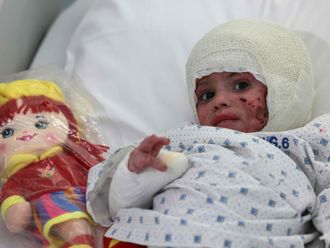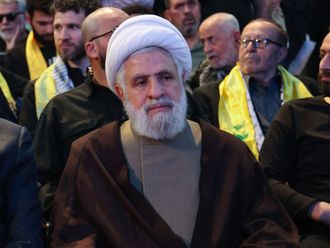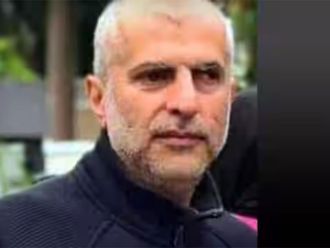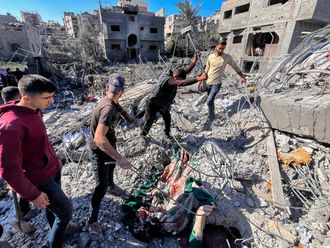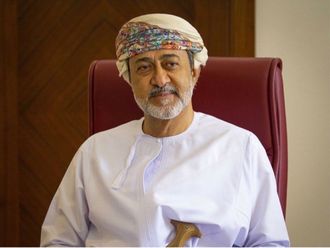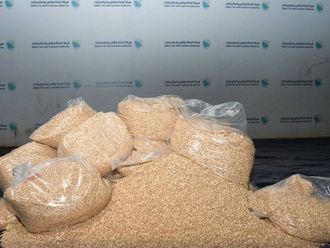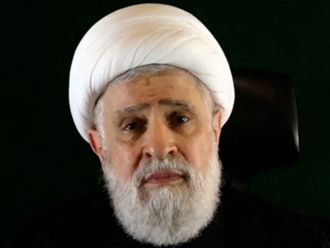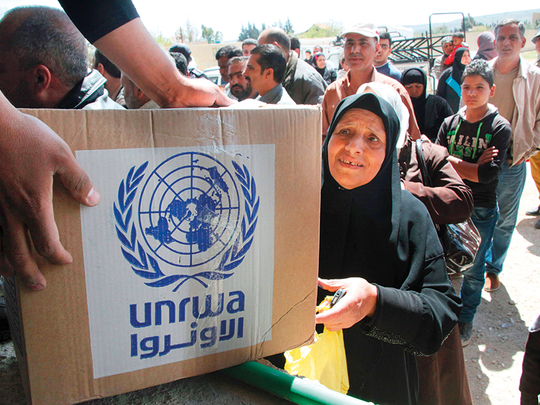
What does UNRWA do?
Originally intended as a temporary relief provider, United Nations Relief and Works Agency (UNRWA) was established in 1949 to assist more than 750,000 Palestinians who fled or were expelled from their homes during the creation of Israel in 1948. Its operations are almost entirely funded by voluntary contributions from UN member states. UNRWA has greatly expanded over the years and now runs schools for more than a half-million children. There are 58 refugee camps recognised by the agency, of which 19 are in the Israeli-occupied West Bank. UNRWA schools provide education to more than 520,000 children, taking 54 per cent of the agency’s budget. The agency also provides health care and financial support. It employs more than 20,000 people in the Middle East, mostly Palestinians.
What are the risks if UNRWA can no longer operate?
Many diplomats and political experts say the funding disruption to UNRWA is dangerous, injecting new instability into the Middle East at a time when tensions are already rising between the Israeli occupation regime and its neighbours, particularly in besieged Gaza, where UNRWA is an important lifeline for roughly half the population.
What changed when President Donald Trump took office?
The Trump administration indicated early that it would be far more sympathetic to the Israeli regime than the administration of President Barack Obama. Within his first year in office, Trump announced that he was moving the US Embassy in Israel from Tel Aviv to occupied Jerusalem, which the Palestinians also want for their capital in a future independent state. The action infuriated Palestinian leaders, who said the United States had forfeited its role in helping to negotiate any peace agreement.
- Jihad Harb | Palestinian analyst and columnist
Trump and his aides began signalling that they would reduce financial assistance. Administration officials, led by the US ambassador to the United Nations, Nikki R. Haley, complained that other countries should contribute more to UNRWA. The US was the largest single donor to UNRWA, providing more than $350 million in 2017. The next largest funder, the European Union, donated half that figure. In January 2018, Washington donated only $60 million (Dh220.35 million) to the agency. On Friday, Trump said “the US will not make additional contributions to UNRWA”. Israel welcomed the US decision.
How did UNRWA respond?
Palestinians who fled or were expelled from homes in 1948 were the first to get UNRWA aid
Pierre Krahenbuhl, UNRWA’s commissioner-general, warned that without emergency infusions from other countries or an easing of the US position, the agency would be forced to drastically cut services, including schooling. He began an urgent fund-raising campaign.
Donations from European and Arab nations helped raise $238 million. But last month UNRWA cut more than 260 jobs and reduced mental health services in an austerity move.
What will happen if the US does not restore UNRWA funding?
On Friday, the Jordanian Foreign Minister Ayman Safadi, said his country would host a fund-raising event for UNRWA at the UN headquarters during the General Assembly session in September. At a meeting with Krahenbuhl, Safadi said the event’s aim was to “close the gap and put in place a plan that will ensure UNRWA’s continued, ongoing funding for the coming years”.
children enrolled at UNRWA schools, taking up 54% of the agency’s budget
German Foreign Minister Heiko Maas said his government had pledged to significantly increase its future contributions, from roughly $94 million this year to an unspecified larger amount, Reuters reported on Friday. It quoted him as saying that “the loss of this organisation could unleash an uncontrollable chain reaction.”
Mahmoud Mubarak, director of the community-run committees that run the 19 refugee camps in the occupied West Bank which accommodate some 500,000 Palestinians, warned of the “very serious repercussions” of the US move.
By the end of September, “UNRWA won’t have a penny,” the agency’s spokesman Chris Gunness warned in late August.


